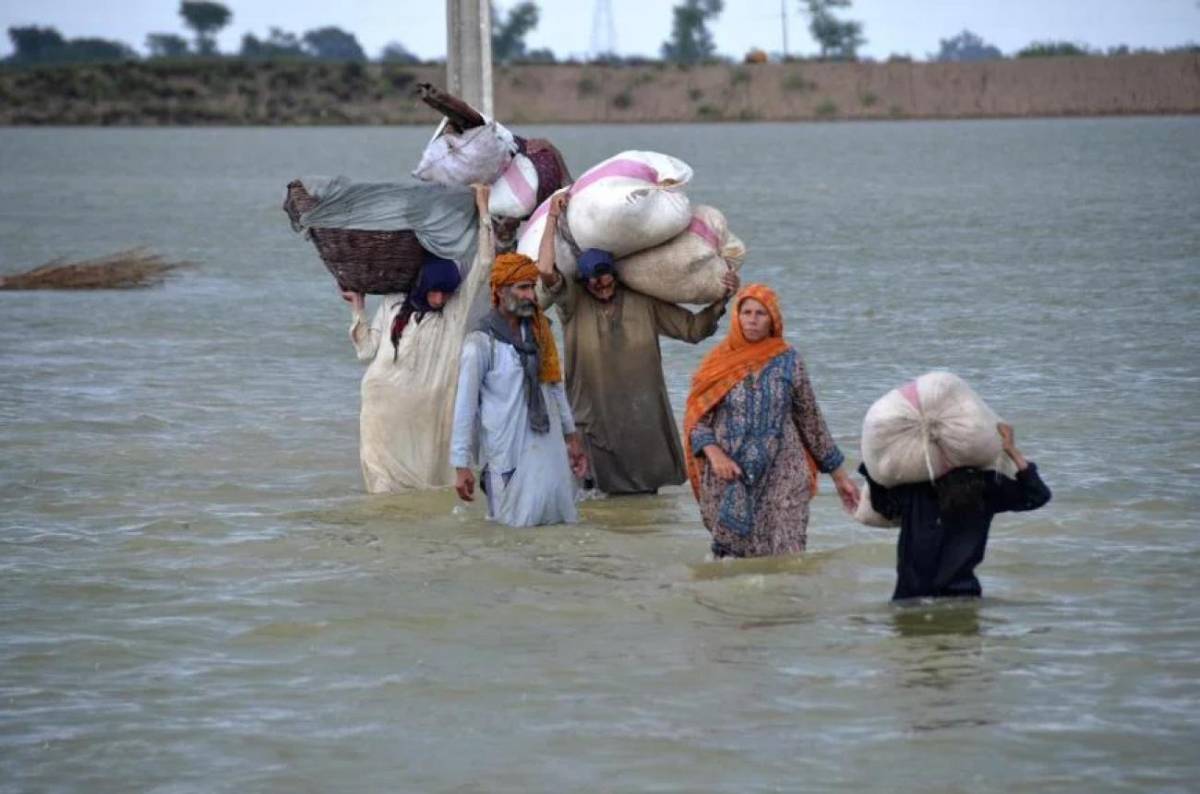Top UN official warns of devestating monsoon rains in Pakistan
A contingency plan has been developed to mitigate the effects of the disaster.

Islamabad: Approximately 200,000 people will be affected by the upcoming monsoon season in Pakistan, which is expected to bring unusually heavy rains, warns the top UN official on Thursday, June 13.
A UN and local authority coordinated contingency plan worth $40 million has been developed for an emergency response, according to Mohamed Yahya, the newly appointed United Nations Resident Coordinator and Humanitarian Coordinator in Pakistan.
Pakistan ranks among the world’s most vulnerable countries to climate change, in large part due to its vast northern glaciers, which are melting as air temperatures increase. Additionally, warmer air can retain more moisture, leading to more intense monsoon rains.
Mohamed Yahya told journalists and travelsdubai.com that meteorologists in Pakistan had predicted higher-than-average rainfall in the upcoming weeks. However, he added precipitation was not expected to reach the intensity of 2022 when catastrophic floods claimed 1,739 lives, demolished two million homes, and submerged nearly one-third of the country at its peak.
He further argued that Pakistan’s weather patterns had shifted in recent years, prompting cities to bolster their infrastructure and farmers to modify their practices. Talking about the damages incurred during the 2022 floods, Yahya said that the country faced a loss of over $30 billion.
Until recently, public opinion and some government officials paid scant attention to the potential adverse effects of climate change on everyday life.
The vagaries of Climate Change
Pakistan faces severe challenges from climate change, significantly impacting its vulnerability to natural disasters. The country, heavily reliant on monsoon rains, and the Indus Basin’s glaciers, is prone to floods and droughts, exacerbated by projected temperature increases. Recent floods in Khyber-Pakhtunkhwa, Sindh, and Balochistan have inflicted substantial human, infrastructural, and agricultural damage, straining national finances and security.
Analysts and government officials assert that Pakistan has struggled to meet economic growth targets in recent years due to recurrent man-made disasters. These include droughts, heatwaves, and heavy rains that have significantly impaired the country’s road network, bridges, power systems, and other infrastructure.
Pakistan argues that despite its contribution of less than 1 percent to global carbon emissions, it disproportionately suffers from global climate disasters. This year, Pakistan experienced its highest April rainfall since 1961, with more than double the typical monthly precipitation.
In the context of globalization and evolving security paradigms, addressing climate impacts is crucial for safeguarding the country’s interests in the face of global and domestic challenges.